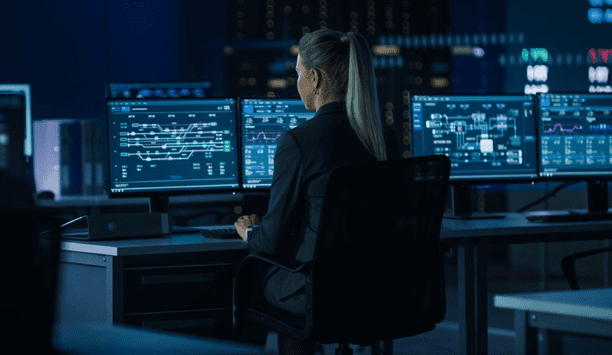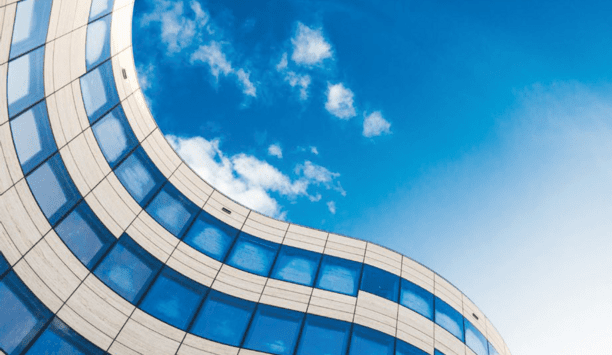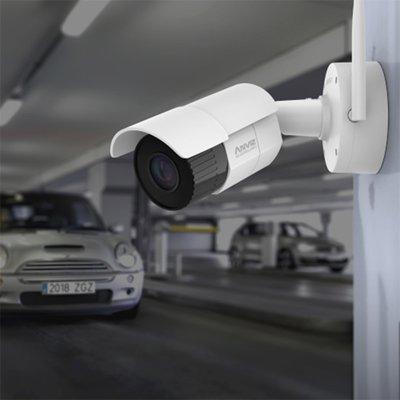The company took part in the annual EU Industry Days (8-11 February) – Europe’s most significant annual industrial event – contributing to debates on digitisation and ecological transition, with a focus on training and the promotion of sustainable management culture.
The path towards a green and digital transition is at the heart of Leonardo's growth strategy; part of a consolidated and innovative drive to the Twin Transition that is seeing the entire European aerospace and defence sector collectively address the need to develop new skills and invest in training future generations to boost competitiveness.
Industrial policy discussions
Leonardo’s commitment on this front was the focus of the company’s presence at EU Industry Days 2022 – Europe’s flagship annual event for improving the knowledge base of the European industry and ongoing industrial policy discussions. The conference was attended by industry leaders, investors and policymakers from the European Union.
Renata Mele, the company’s Senior Vice President of Sustainability, was the keynote speaker
As President of ASD (AeroSpace and Defence Industries Association of Europe), Leonardo CEO, Alessandro Profumo, participated in the plenary dedicated to the industrial sector, entitled 'Business case: EU industry investing in the green, digital and resilient economy. Leonardo, in collaboration with the European Commission, also contributed to the session dedicated to the skills of the future-oriented to sustainability, within the ecosystem of the aerospace and defence sector. Renata Mele, the company’s Senior Vice President of Sustainability, was the keynote speaker.
Developing new solutions
The twin transition, which is at the heart of the European Green Deal objectives, involves the industrial modernisation of production processes by developing new solutions to help society as a whole become more sustainable. The keywords for the industry are collaboration, inclusion and co-creation, especially within a complex ecosystem such as aerospace and defence.
With this in mind, Renata Mele emphasised the fundamental role played by the educational system – not only in training and in developing the skills needed to guide this transition, but above all, in creating a sustainable mindset that stimulates a new vision of the business. Continuous dialogue between the education system and private stakeholders is the main tool for achieving the ambitions and goals set by the European Commission's innovation drive and confirming Europe's position as a leader in the transition.
Linked to ESG indicators
Leonardo has confirmed its leadership in this field, thanks to its significant investments
Technology is an important pillar of the twin transition, and the aerospace and defence industry is a driver of this transformation that will guide Europe towards achieving its challenging goals for 2050.
Leonardo has confirmed its leadership in this field, thanks to its significant investments into research and development – amounting to 12% of its revenues in 2020, credit lines linked to ESG indicators and 50% of the investments in support of the SDGs, which is the result of a financial strategy that integrates sustainability.
Generating positive impact
The company has been following a green and digital transition path for many years, implementing dedicated governance, strategies and processes that guide a business model capable of involving all players in the supply chain, to generate a positive impact on the stakeholders.
On the one hand, therefore, it is necessary to look at the industrial ecosystem, and on the other, it is essential to broaden the perspective to the world of education, in order to understand, teach and disseminate the necessary skills. The combination of enhanced STEM (Science, Technology, Engineering and Mathematics) subjects, digital skills and their dissemination, together with a new managerial culture more focused on sustainability, is central to driving this transformation.





















